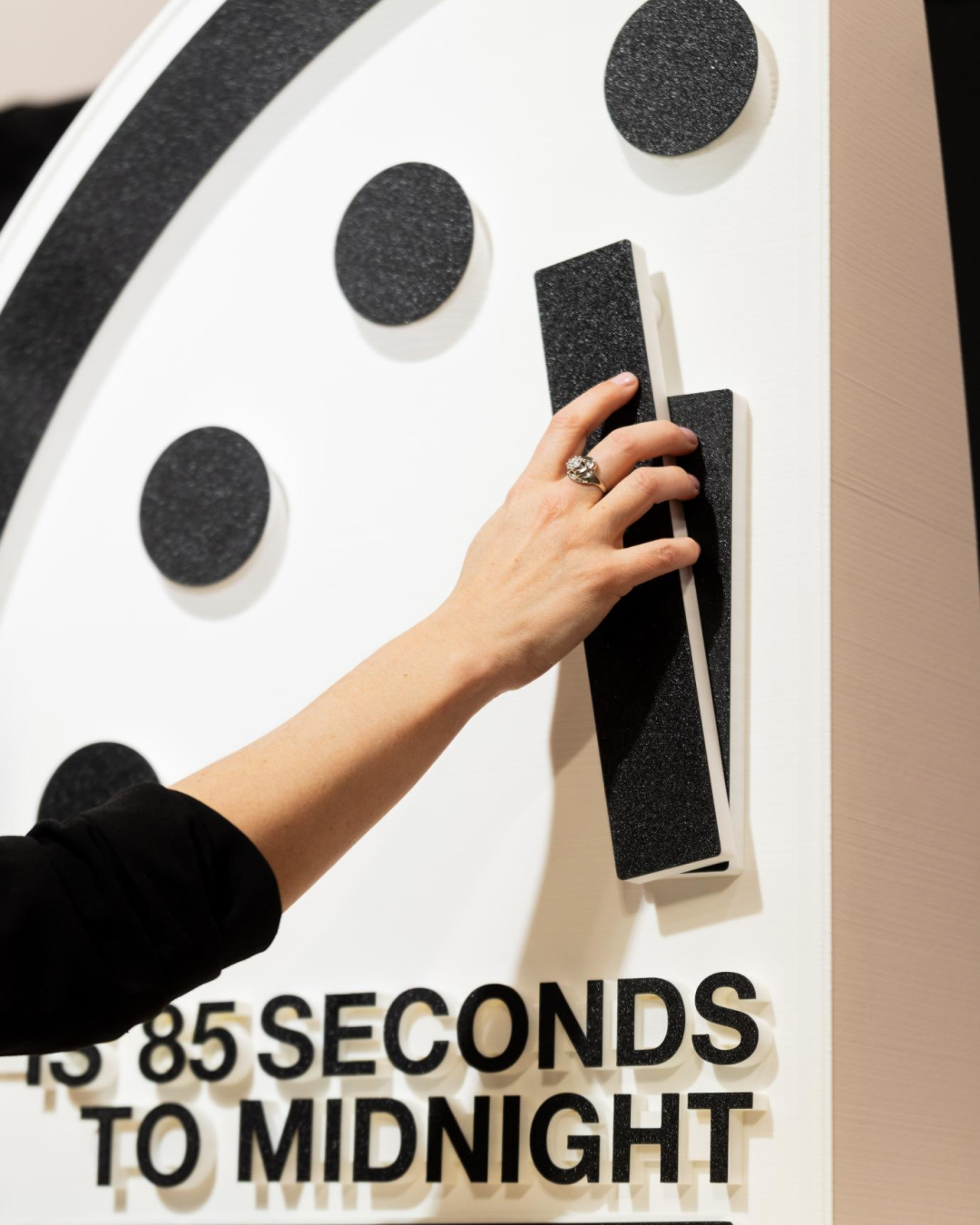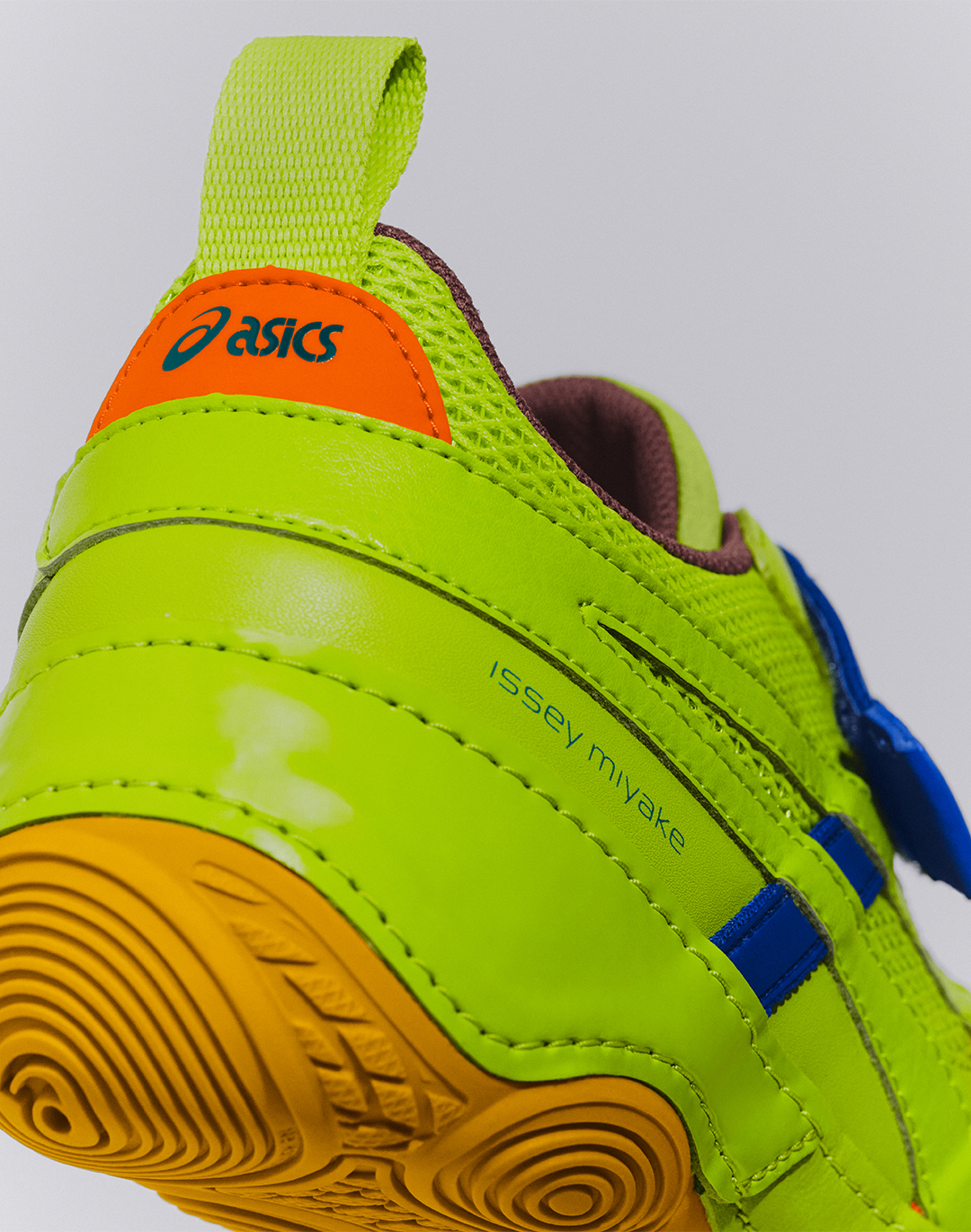
Can algorithms design sneakers? The creativity of artificial intelligence lands in the sneaker scene
What will the sneaker of the future be like?
This is a question that more and more enthusiasts and industry insiders are asking themselves. With the boom in gaming skins and monetization via NFT, digital fashion went very quickly from being a pastime for 3D designers to a future brand revenue stream. However, the creativity of digital products is radically different from the manual experience of physical fashion, so there are those who are focusing on algorithms instead of humans. In this vein there is also the footwear created in Berlin by the developer Niels Garve: AI sneaks, the first collection of NFT sneakers designed - or rather generated - 100% by artificial intelligence. From creativity to final realization, each step was made by the algorithm that bases its research on a database of sneakers made by humans. The collection - consisting of 10 models - will be on sale on the NFT Opensea platform from 2 December. Beyond the - quite debatable - taste of this collection, the question of the stylistic creativity of artificial intelligence is one of the issues that the fashion industry will have to face in the near future, given the growing importance that digital products are gaining in very little time.
Artificial intelligence is widely used in the fashion industry on a logistical level but very little on a creative level. Imagine an algorithm that crosses all the best-selling sneakers in recent years and generates a pattern - or an infinity of them - that mixes all those characteristics. Can it be considered creativity? The same doubt has already been and has already been crept into other industries. In 2017, the Dutch museums Mauritshuis and Rembrandthuis, together with Microsoft, ING and the Delft University of Technology, brought together 346 Rembrandt paintings and digitized them using a learning algorithm. After 18 months of data analysis, the team created an AI-generated Rembrandt, which was sold in 2018 by auction house Christie for $ 432.000, 40 times the estimated price. Going to more extreme examples there is DeepDream, developed in 2014, is one of the first artificial intelligence software designed for artistic purposes, able to process the images that are fed to it and recreate them with a style that appears to us human beings hallucinated, lysergic, dreamlike, surreal.
Returning to sneakers, Niels Garve's is the first experiment that intertwines the design generated by artificial intelligence with the possibility of monetization through NFTs. However, he is not the first developer to use an algorithm applied to sneakers, before him Stan Van Der Vossen on his website This sneaker doesn't exist, has made available to the AI thousands of existing sneaker models and a self-written code and the AI then has created different new shoe models by 'remixing' the vast digital archive.
Also in this case of NFTs brands have largely experimented in the last year, among the latest Jimmy Choo, who created his first sneaker in NFT, auctioned on Binance last October 20 and presented through the sale of multiple mystery boxes. While nss magazine, on the occasion of the digital cover n.09, has tried to imagine the sneaker of the future with an open call to a group of creators and footwear designers. In particular, the sneaker model Reti-Line proposed by Kacimi Latamène on this occasion became an NFT available online, giving anyone the opportunity to purchase it in digital version directly on OpenSea. NFTs are the real trend of the digital age, but fashion aside, how much will the Metaverse costumers be willing to spend on virtual clothing? Virtual sneakers to look at with viewers or instagram filters, which ignore the characteristics of concreteness and collectability that have made fashion one of the main consumer sectors over the years. While we wonder about the direction that NFTs and sneakers will take in the Web3, according to what was learned last November by Josh Gerben, a specialized trademark lawyer, Nike has filed the application to use some properties of the company such as Just Do It and the logo for the sale of digital sneakers and clothing.


















































